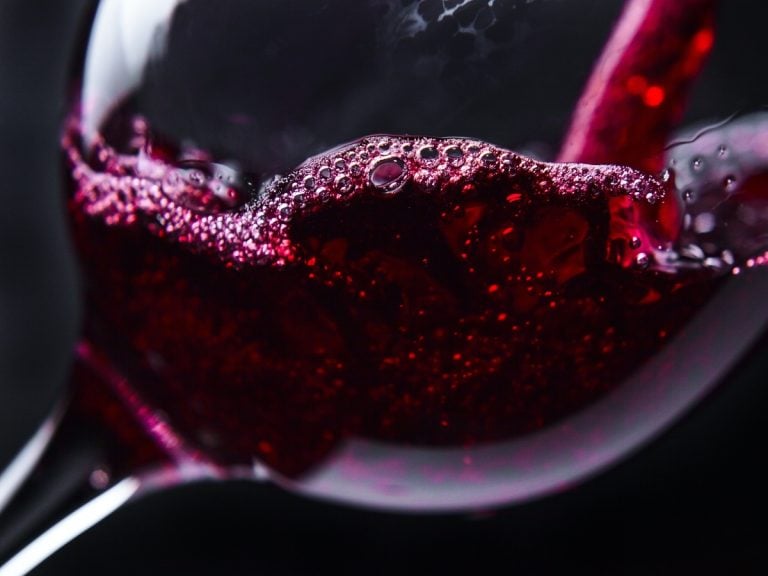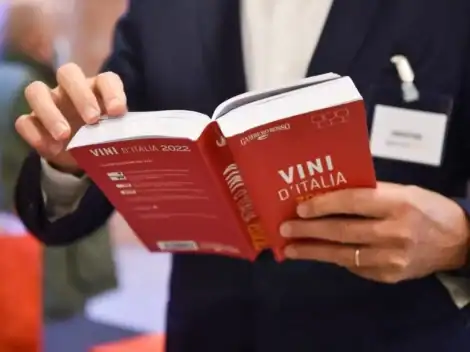Italian low-alcohol beverages are gaining popularity in the US, representing 28% of total imported wines. This would be good news if Italian companies were benefiting from this new trend. While production and bottling take place in Italy, the groups marketing these products (securing 80% of sales value) are American. Italian grapes, but not Italian revenues.
A $651 Million Business
The complaint comes from the Unione Italiana Vini, which, through its Observatory, quantified the business at $651 million in American supermarkets and retail. Italian wines or wine-based products are sold at an average shelf price of almost $16 per liter, more than double the price of equivalent American bottles ($7) and even 5% more than the average for traditional Italian wines.
These are bottles and cans with an alcohol content of 7% or less, almost unknown in Italy but increasingly present on US shelves. The Italian origin dominates the market (even surpassing American products), particularly in red wines (39%, at $254 million), followed by Moscato ($103 million) and rosé wines ($23 million).
The Rise of No and Low-Alcohol Products
The phenomenon of low-alcohol wines is relatively young but has been on an incredible rise in the last year. Thanks to changing tastes among different generations and ethnicities in the country, these wines are becoming a primary choice compared to classic wines.
No-alcohol products deserve a separate discussion. These wines, while starting from low numbers, have doubled their sales in the US within two years, now reaching $62 million, according to the Italian Wine Union Observatory. However, Italian zero-alcohol products on US shelves are few, with sales amounting to just $4.5 million (up 39% from 2022), with an average price of $14 per liter. This represents a residual share of Italian presence (7% of the total), becoming even smaller considering that 90% of sales are attributed to a single American company that purchases finished products in Italy and markets them under its own brand. The rest is divided among other countries: Spain, Germany, and France, which, unlike Italy, have internal regulations allowing for their production.
UIV's Appeal: "The Government Should Give the Green Light to Dealcoholized Wines"
The paradox, where Italy is a protagonist in a business not of its own, has brought attention back to the issue of totally or partially dealcoholized wines, whose production is currently prohibited in Italy. "The low-alcohol segment," emphasizes Paolo Castelletti, Secretary-General of UIV, "can represent an opportunity, especially where traditional products face challenges, as demonstrated by the twenty-year record of wine remaining in cellars at the end of the last harvest season. Today, to produce low-alcohol wines, Italian producers have three options: use wine as a base for flavored beverages, produce wines from partially fermented musts, or - if they want to proceed with dealcoholization - delegate the production process to direct European competitors." The segment of dealcoholized wines seems to be the most interesting in the medium term, capable of intercepting the health trends in the country, increasingly oriented towards reducing not only alcohol but also sugar intake. The "NoLo" (low and no-alcohol) category, considered by many companies to have greater potential for qualitative growth.
Without legislation, Italy stays out of the business
"For some time, UIV has been urging regulatory intervention to govern a production that the European Union has authorized for more than two years," Castelletti denounces. "Aside from the draft decrees - on which we have expressed the sector's reservations (as it mainly involves distilleries; note) - we are the only ones who have not yet implemented the EU regulation, with evident competitive disadvantages compared to European producers. Therefore, we believe the government should urgently address this issue, defining a clear action perimeter with the sector."


 Three days at Lake Como in 17 destinations: Trattorias, Osterias and Fine Dining
Three days at Lake Como in 17 destinations: Trattorias, Osterias and Fine Dining Piedmontese classics and raw seafood. The unexpected restaurant with a pool in the Langhe
Piedmontese classics and raw seafood. The unexpected restaurant with a pool in the Langhe US Tariffs. according to the Government, a 10% rate would not be impactful, but for most wineries the risk is high
US Tariffs. according to the Government, a 10% rate would not be impactful, but for most wineries the risk is high Grilled vegetables and chicken on the side: in Chianti, plant-based cuisine takes centre stage
Grilled vegetables and chicken on the side: in Chianti, plant-based cuisine takes centre stage A top gelato maker from Florence launches flavours dedicated to women who made history
A top gelato maker from Florence launches flavours dedicated to women who made history






